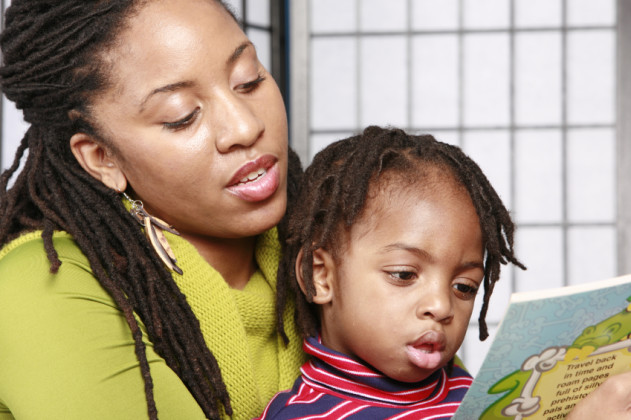I’m not using religion to guide my son’s morals. He is not being raised to believe that God is keeping track of his behavior, nor are we relying on the promise or threat of heaven and hell, respectively, to keep him in line.
Neuroscientist David Eagleman says this about religion: Our ignorance of the cosmos is too vast to commit to atheism, and yet we know too much to commit to a particular religion. A third position, agnosticism, is often an uninteresting stance in which a person simply questions whether his traditional religious story (say, a man with a beard on a cloud) is true or not true. But with Possibilianism I’m hoping to define a new position—one that emphasizes the exploration of new, unconsidered possibilities. Possibilianism is comfortable holding multiple ideas in mind; it is not interested in committing to any particular story.
This stance I find particularly appealing, so I consider myself a Possibilian, which, in my mind, is a very generous way to approach religion. Not to mention I’m reminded of what F. Scott Fitzgerald said in The Crack-Up when he offered, “The test of a first-rate intelligence is the ability to hold two opposed ideas in the mind at the same time, and still retain the ability to function.”
Though it’s fair to question whether my mind is truly “first-rate,” or even whether I’m high-functioning, this idea of being strung-up and pulled by both faith and the rejection of it feels accurate.
What I remember of my childhood—in terms of the Catholicism I was raised with—is loaded with meaning. Accompanying all the brightly-colored baskets packed with marshmallow eggs and stuffed animals is the story of how Jesus saved my soul by sacrificing his own life. Wrapped up in all the teeth-aching sweetness of jelly beans and Cadbury Creme Eggs are recollections of going to mass in a yellow dress and bonnet, then sitting down for a meal that was not about candy and giant rabbits but was about the way family and religion blended together to make for traditions. Faith bolstered the holiday and gave it weight.
The same was true for Christmas: The draw of Santa Claus and a boatload of presents paled in comparison to carols sung, to the story of Jesus’s birth (Do you remember that scene in the Charlie Brown Christmas special?), and to nativity scenes lit by white lights shimmering in the snow outside various churches.
It’s all past-tense now, and lives as nostalgia for when I could believe without question. My loss of “the spirit” would be fine to live with during the holidays, except now I have a child, and my husband and I have to decide how to approach faith.
Some parents choose to hand down religion. This is how I came to be raised Catholic. Yet I’m not going to foist it or any other form of Christianity on my son, especially since I’m skeptical of organized doctrines and frightened by dogma. On the other hand, what is wrong with some kind of gentle introduction to a system of beliefs that he can choose to adopt or dismiss when he gets old enough to make those decisions?
For example, my son went to an Episcopalian preschool. I know that the school offered the children a very simple introduction to the story of Jesus, and it doesn’t really trouble me, even if I largely don’t buy into it anymore. I would rather my son had some foundation for the holidays: something that lends them gravitas. It was why they mattered when I was a child.
Does this mean that he might become a believer some day? Who knows. He might reject it all when too many questions remain unanswered. I suppose that’s the deal with faith, which is a hard pill to swallow. But if he does join with the faithful, I hope he chooses a system of belief that reflects the kind of values we care about in our home, which tend to be humanist and progressive. Can a religion uphold such secular values while still preaching Christian ideals? I suppose anything is possible.
But this gets to the heart of it. I’m not using religion to guide my son’s morals. He is not being raised to believe that God is keeping track of his behavior, nor are we relying on the promise or threat of heaven and hell, respectively, to keep him in line.
He needs to know why kindness on Earth matters. He needs to understand how the Golden Rule keeps peace within our communities. He needs to understand the principles of tolerance, generosity, and courage, but not through biblical parables; these are the best practices of our vast human network. So we are trying to raise him to be the best man he can be, and if there is a God, I’m sure he would approve of our work so far. I believe it’s possible.
Sonia Greenfield was born and raised in Peekskill, New York, and now calls Los Angeles home, where she lives with her husband, son, and slightly feral dog. Her poems have been published in a variety of journals including The Massachusetts Review, The Antioch Review, and Rattle, and her work can be found in the 2010 Best American Poetry. She also writes fiction and essays, and her prose can be found in Mamalode, PANK, the Monarch Review, and the Bellevue Literary Review. She teaches writing at USC.
Related Links:

